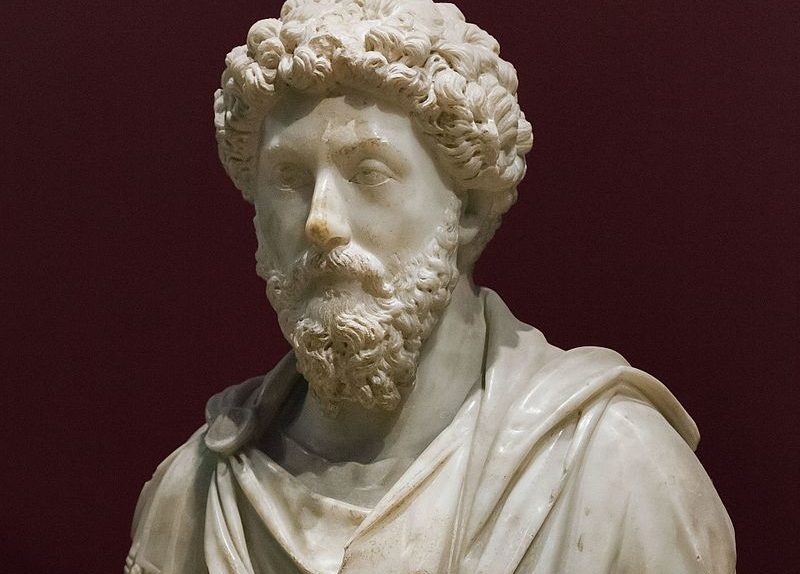Marcus Aurelius writes of himself—his the choices he’s made in life, and of the tendencies of his character—with humble and genuine appreciation.
It’s the kind of thing I don’t see a lot of today.
Self-deprecation is generally more acceptable than self-appreciation.
Marcus was tough on himself when it came to living up to his own standards. But there was no self-hate or deprecation in that toughness.
Instead, what shines through is a gentle love for himself—for the nature that the gods granted him, which helped him become the man that he grew into. (The kind of man capable of holding the most power in the Roman world without descending into tyranny.)
For example…
He’s grateful that he was never the kind of young man who slept around.
And although he didn’t always get along smoothly with his teacher Rusticus, Marcus never said or did anything he later regretted.
He also recognizes that when he discovered an inclination for philosophy, he could have been swept up by some self-absorbed sophist teacher, or wasted his time staring at the stars and talking to astrologers.
He never did either.
Marcus lists his own character traits in the same paragraph as thanking the gods that his children were healthy, that his wife was a good woman, and that the health of his body had held out for as long as it did.
To Marcus, his personal character was a gift from the gods, just like the other blessings in his life.
He’s quoted as saying:
“You don’t love yourself, or you’d love your nature and what it demands of you.”
Loving yourself as exactly the hell you are, is to love the gods.
Or God.
Or whatever impulse of creation pulled you together from particles.
I’m not saying that you don’t have work to do.
I do. Marcus did. We all do.
But that doesn’t mean you’re not shaped perfectly to accomplish that work.
Self-hate displays a lack of gratitude and imagination.
You’re better than that.
*
Love,
L
